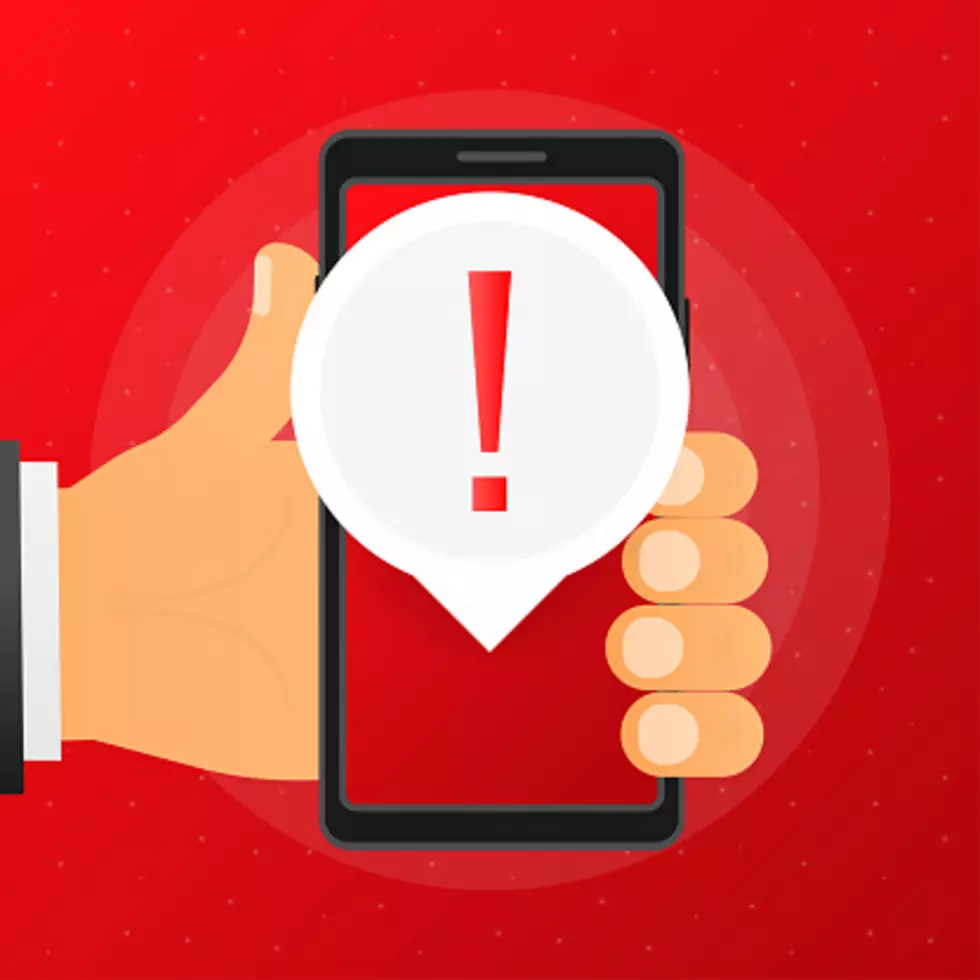
CDC Says Kissing Bugs Have Moved North, Including Illinois
After reading about what these little critters do, I think we'd all prefer to be overrun with "friend zone" bugs.
However, upon further reflection, maybe a swarm of bugs buzzing out the words "It's not you, it's me," or "I'm just not over my last boyfriend" would get pretty annoying fairly quickly.
Back to reality.
Bloodsucking insects known as "kissing bugs," because of their tendency to bite people around the mouth, are spreading across the country after working their way north from South America.
The Centers for Disease Control and Prevention (CDC) confirmed last week that a girl in Delaware was bitten by one of the critters, which are formally known as triatomine bugs. The case was reported in July of 2018 when a Delaware family requested help from state health and agriculture officials to identify the insect that bit the girl on the face as she watched television in her bedroom.
Now, those little guys have made their way to Illinois:
The bugs can spread a parasite that causes Chagas' disease through its feces. The disease can be spread when the bug "poops on or near a person while it is feeding on (their) blood, usually when the person is sleeping," according to the CDC. Transmission occurs "when poop is accidentally rubbed into the bite wound or into a mucous membrane (for example, the eye or mouth), and the parasite enters the body."
But the CDC said not all triatomine bugs are infected with the parasite that causes Chagas' disease. The disease can be dangerous, but chances of contracting it are low, according to the agency.
The girl who was bitten in 2018 did not suffer any health effects, according to the CDC.
Adult kissing bugs are generally larger than a penny and may have an orange-striped band around the edge of their bodies. The CDC advises against touching or squashing a suspected triatomine bug. Instead, the agency suggests placing it in a container, and then filling it with rubbing alcohol or freezing it. The bug should then be taken to a local extension service, health department or university laboratory for identification.
More From WROK 1440 AM / 96.1 FM









